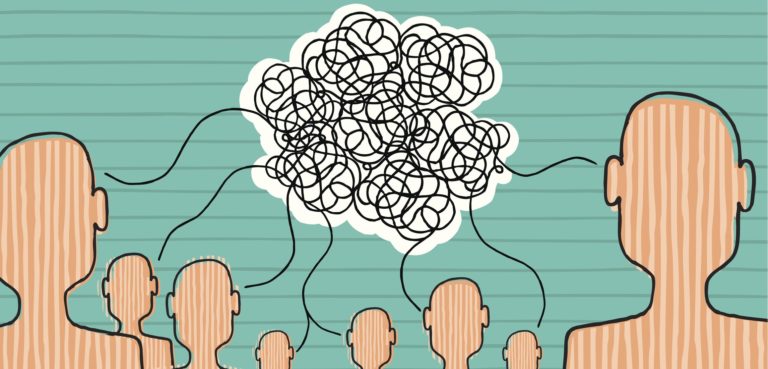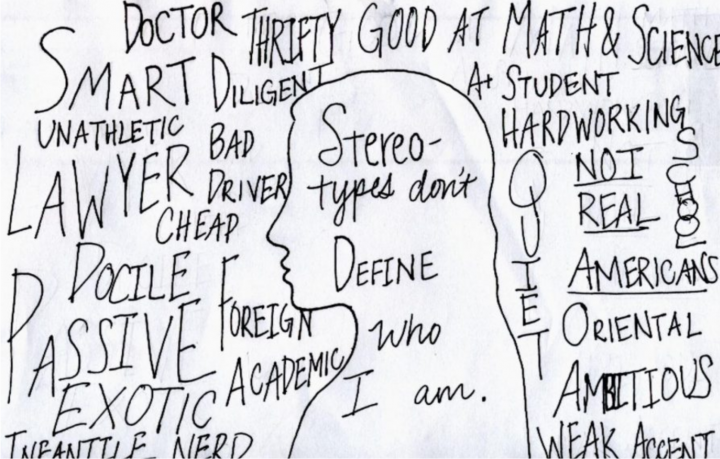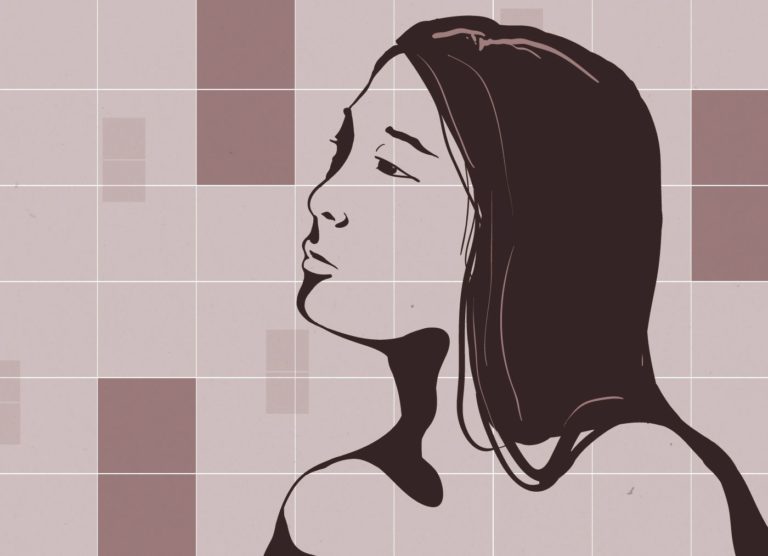How To See the Signs of Suicidal Thoughts In Loved Ones
Anyone can advocate for suicide prevention by posting resources and crisis lines and sharing mental health social media posts, but what’s even more beneficial than this is looking for the signs of depression/suicidal thoughts in people you may think are having a hard time. I have personally grown up my entire life with mental health issues, and have struggled with battling suicidal thoughts, and I did it all alone. I can say now looking back that I wish I would have reached out to someone for help, but I feel like I had no one. Battling those thoughts at thirteen years old is not an easy thing to do.
Symptoms to Look Out For
Whenever we hear of a suicide in today’s world, we always think “Why’d they do it?” or “I never would have thought they were struggling”. It’s important to notice the signs in people who may seem down or different lately. Look for these symptoms in yourself and others you believe
may be silently struggling:
– a loss of interest in things the person used to enjoy
– substance abuse
– sleep problems
– lack of energy
– self isolation
– self harming
– poor appetite/dramatic weight change
– feeling down
– inability/lacking of taking care of oneself
– lack of confidence
– headaches/muscle aches (less common)
It’s critical to recognize signs in family and friends before it’s too late.
What to Do When Someone Tells You How They’re Feeling
When someone does tell you how they’ve been feeling, the best thing you can do is listen with intent to understand and sympathize. If you don’t feel like you’re the right person to give advice, it is encouraged that you just let them get everything off of their chest. If they mention anything about hurting themselves or you believe they might, you should tell a trusted adult. If you do feel like you’re educated on the subject, encourage them to reach out to someone and offer some resources to them. I was personally a really shy person when I was going through depression and these
intrusive thoughts, and was too scared to reach out to anyone, even my best friend. I know lots of other people who are like this, and it’s a completely normal emotion to feel. Because of the stigma surrounding mental health issues, lots of people are afraid to ask for help. I urge you to
look out for signs in close family and friends and ask if they’re doing okay frequently. Below, you can find resources to refer to people you think may be struggling, or if you need them yourself. People are here to help you. You are not alone: )
Crisis Text Line (not just for suicide, but feeling any kind of emotion you want to talk about):
– 741741 (text “HELLO”, “HOME”, or “START”)
Suicide Hotline Number:
– 1-800-273-8255
– https://suicidepreventionlifeline.org/chat/ (if you prefer texting)
The Trevor Project (for LGBTQIA+ youth):
– 866-488-7386
– text START to 678678. (Mon-Fri 3 p.m. to 10 p.m. EST/12 p.m. to 7 p.m. PST)
RAINN National Sexual Assault Hotline
– 1-800-656-HOPE (4673)
National Teen Dating Abuse Helpline
– 1-866-331-9474
SAMHSA Treatment Referral Hotline (Substance Abuse)
– 1-800-662-HELP (4357)








